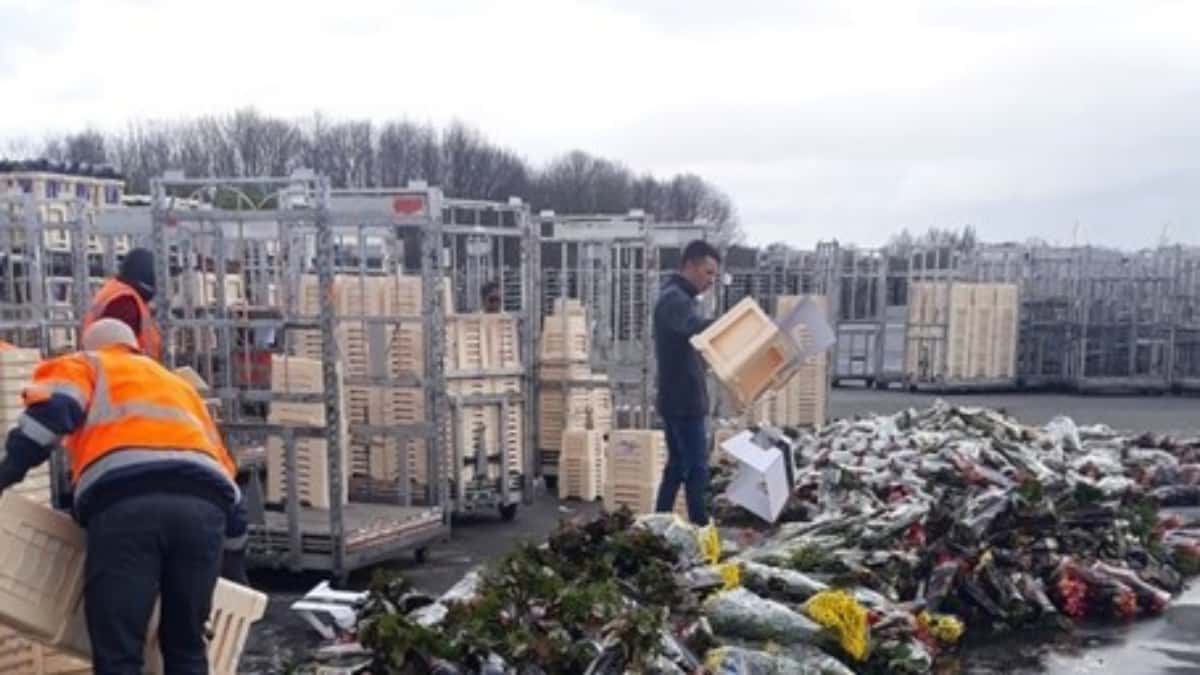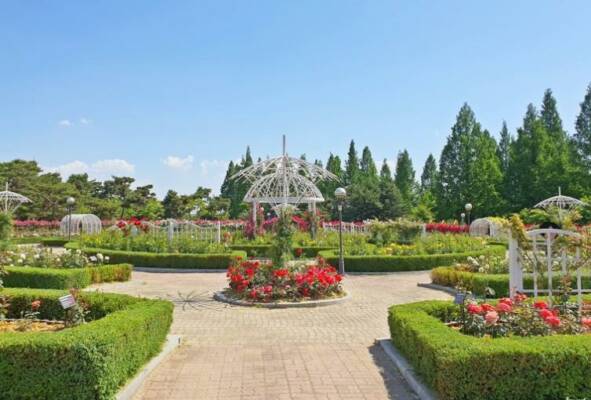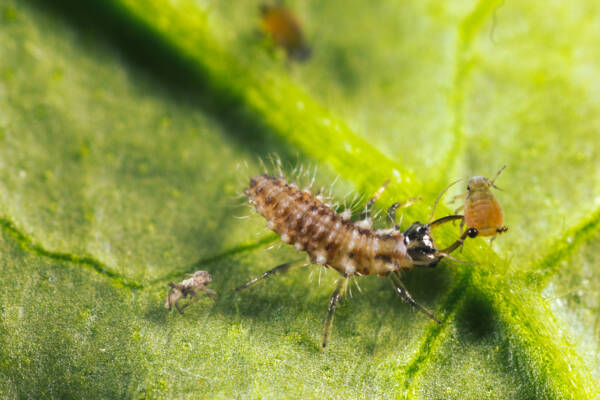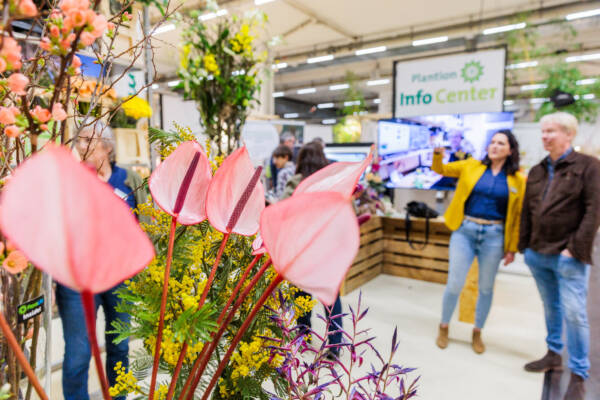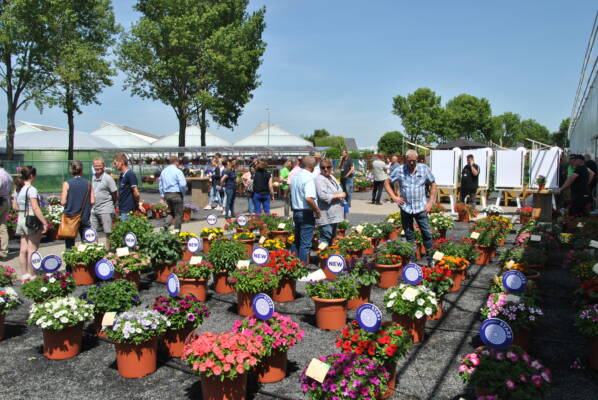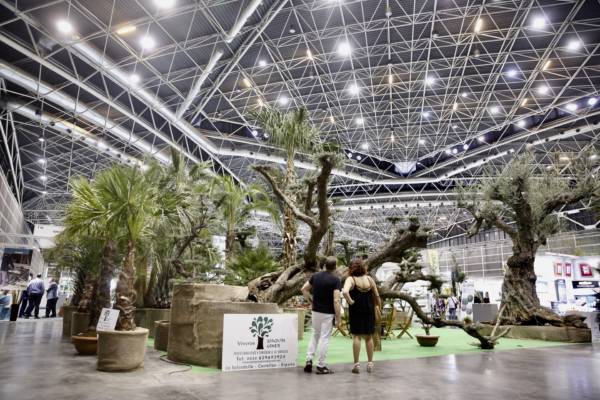AALSMEER, Netherlands: Tonnes of roses, carnations, sunflowers and chrysanthemums were being dumped on Monday (16 March) by workers at Dutch-based Royal FloraHolland, the world’s largest flower auction. As demand in lifeline markets such as Germany, the UK, Italy, France and Spain is dampening as quickly as the old continent is edging towards a total coronavirus lockdown.
There’s a thin line between Wall Street for Flowers and Wall Flowers. Known for being a beehive of activity, where more than half of the world’s cut flowers are bought and sold, the auctions rooms and trolleys in Aalsmeer, Naaldwijk and Rijnsburg are getting emptier. Day after day, the market outlook for the famous hub of the global flower trade becomes grimmer and grimmer. Amid the coronavirus crisis, things are changing every hour. Auction officials told FCI on Monday (16 March) volumes of traded plants and flower dropped 50 per cent from last week with 50 per cent of unsold products ending up in the landfill.
In a desperate move to stop the market’s freefall, Royal FloraHolland orders its members yesterday (17 March) to restrict supplies. In cut flowers, growers were allowed to auction off not more than 30% of the volume supplied on Tuesday last week, in potted plants and garden/bedding plants these percentages are 50 per cent and 75 per cent respectively. Consumer confidence is at rock bottom, and so are the prices which over the past two weeks prices have been 50 per cent lower than what is typical for this time of year. That is, the peak sales seasons for ornamentals with greenhouses filled to the brim with bedding plants and the industry usually gearing up for one of the world’s most critical floral holidays: Mother’s Day. Levies on auction lots and trolleys are a vital part of the auction’s income and as such it is not unthinkable that the cooperative in the longer run will have to ask for financial support.
Cancelled orders, unsold products at the dock and crop destructions are an extremely bitter pill to swallow for every industry professional around the world whether they work in breeding, primary production, wholesale, floristry or event planning. Fellow growers in China were the first to experience massive lockdowns with Flower Show China in Guangzhou and Hortiflora IPM Beijing being the two ornamental trade shows to reschedule their events early on. Now, only one month later, cancellations or rescheduling of more floral events are flying in day after day. These include: Myplant&Garden, Tulip Trade Event, California Spring Trials, Agritec Qatar, GreenTech Americas, World Flower Expo, Flower Expo Ukraine, Keukenhof, and this list will only grow longer.
The latest news from the UK is that the iconic RHS Chelsea Flower Show and other RHS flower shows will no longer take place in 2020. RHS says “one of the many reasons why we cannot postpone any of these large events to later in the year is that most of the thousands of plants grown for these shows grow best in spring. This cancellation is the first time since the Second World War.”
In Belgium, the Royal Society for Agriculture and Botany (KMLP) decided to postpone the Ghent Flower Show/Floralies of Ghent until 2021. Belgium’s iconic flower show was due to be held from 1 May to 10 May.
Not being able to attend your favourite trade show may be one thing. But hearing your German, Italian Spanish or French customers say they cannot buy from you because demand is zero, is heartbreaking. Following government decrees in Italy, Spain and France, people are only allowed to leave their homes to buy food and medicine, commute to work, go to health care centres and banks or to take care for the young and the old. The latest country to announce a nation-wide quarantine was France. On Saturday 14 March French Prime Minister Edouard Philippe ordered a lockdown of all non-essential public spaces amid the coronavirus outbreak. “Our sector will see all commercial outlets close down except those which are involved in primary production and landscaping,” said Mikael Mercier president of Val’Hor yesterday.
French flower shops and garden centres have closed, and the situation in Italy and Spain is no different. These mandatory circumstances are leaving florists with a feeling of frustration as the larger supermarkets are continuing to sell flowers, albeit sales volumes are insignificant.
In the Loire region, cut flower grower Guillaume Froger has temporarily suspended thirty of his forty employees. Demand for his roses, chrysanthemums, alstroemerias and gerberas has dropped dramatically this week and he has no other option to destroy his crop. He urges the French hypermarchés to reconsider their sourcing strategy by buying French flowers instead of the roses which normally come from Kenya.
In Germany, the largest consumer market in Europe (in both population and purchasing power) all federal states are implementing measures to enforce social distancing, such as cancellation of mass gatherings, closure of cultural institutions such as museums, theatres, concert halls, limiting operation of restaurants, bars and clubs, as well as school and daycare closures starting the week of 16/03/2020.
Germany is the single-largest export market for Dutch flowers and plants (in 2019 representing an export value of € 1.666.265.000, with 26.7% of all Dutch flowers and plants going to this market. (Source: Floridata).
Yesterday, 17 March, small shipments of Dutch flowers and plants were still coming into the country. The country closed its borders with France, Austria and Switzerland on Monday, 16 March, except for commercial traffic. The Federal Association of Horticulture (ZVG) told FCI today, 18 March, that there’s a law that places responsibility for public health decisions to states; the 16 federal states respond at 16 different speeds to the coronavirus so, to date, it is impossible to state that all garden centres and flower shops in Germany are open or not.
In UK politics, the coronavirus is the new Brexit, but the sad thing is that to date the COVID-19 has already killed 55 people. While Boris Johnson’s government continues its herd immunity policy, the country’s floral wholesalers are experiencing lots of concern from customers with regards to the availability of flowers through the Dutch auctions. On their website Bedford-based, Savin Wholesalers say that at the moment ‘it is business as usual and we have a fully-stocked cold store with flowers arriving Tuesday and Wednesday. We will continue to monitor this as the situation changes daily.”
This coming Sunday (22 March) the UK celebrates Mothering Sunday, but industry insiders say that fears that wholesalers have no supplies are unjustified. To date, quantities from the Dutch auctions are more limited; however, the UK is also importing its flowers directly from Colombia and Israel. Several Dutch wholesalers have bypassed the auction by selling their flowers straight to their British customers.
Spring is the most critical time to grow profits in the horticultural businesses. Wesley van den Berg of Dutch market analyst Floridata says that if the coronavirus crisis continues through March, April and May, the impact on the total export value of Dutch flowers and plants will be ‘huge’. “These three months account for one-third of the total annual export value. In March 2019 the export value of cut flowers and potted plants was €628.792.000, in April 2019 €644.263.000 and in May 2019, €731.202.000. Overall, the 2019 financial year was a record-breaking year for Dutch flower and plant exports, as they reached a total of €6.2 billion.”
Spring is the time of year for garden lovers to go out into the garden and work their hands in the dirt. In contrast, for others it is the best time of year to make special memories and celebrate happiness at weddings. Especially in southern Europe, the wedding market is big business when it comes to flowers. But in large parts of Europe, governments have banned all public gatherings, and that includes not only weddings but funerals too.
Speaking of funerals, let’s not forget that the coronavirus is for many people a tragedy. In Bergamo, Italy’s coronavirus epicentre, the crematorium started operating 24 hours a day. Even the closest relative is not allowed inside the morgues and many funerals are taking place with only a priest and a funeral home worker. These stories make us realise that for all the economic pain, the coronavirus takes a huge emotional toll on people.
In Africa, the continent that boasts a range of significant flower producing countries (for predominantly European customers) health officials fear the impact of the virus will be devastating on the labour force as most of the countries can’t cope with their already weak health systems. Business-wise, it’s also more gloom and doom instead of bloom and blossom. Many brokers at the Dutch auction, form a vital link here in the global supply chain as they handle rose consignments of growers in Kenya and Ethiopia. They have had to prompt their growers to stop shipments. DecoFresh, for example, announced on Monday (16 March) that their last batches of African roses have been sold (or unsold) through the Dutch auction clock. Brokers told FCI that up to 45 per cent of the product remains unsold and that’s it therefore impossible to airfreight the product. A lot of buyers at the auction are waiting for Royal FloraHolland to announce that it will stop the auction clock temporarily.
In Iran, with China, South Korea and Italy the world’s hardest-hit countries by the coronavirus, the first day of spring herald the Persian New Year (Nowruz). Nowruz is celebrated by more than 300 million people around the globe. It is a month-long celebration filled with parties, festivals, street performances and rituals such as the haft sin, a table set with seven different items including the quintessential Nowruz flower s0mbol, in Farsi language the name for hyacinth. Hyacinths and other spring flowers as a gift or home decoration typically play an essential role in Nowruz celebrations. Still, now that Iran has imposed a nationwide lockdown it will be one of the bleakest Nowruz in history.
Meanwhile, Pejman Azadi from the Iranian Society for Ornamental Plants (ISOP) told FCI this morning, 18 March, that the government did not officially order to close down flower shops and garden centres. “However, the coronavirus has deeply affected various aspects of life. Some flower shops remain open especially those which sell bedding plants. In the run up to Now Ruz, Iranians are used to spring flowering plants for their garden. But the coronavirus keeps people at home.”
On the other side of the big pond, my colleague Chris Beytes, editor of GrowerTalks provides an update of the situation in the USA, in his Acres Online newsletter. He also asks the big question: will COVID-19 impact his country’s spring plant sales? Chris asked growers and retailers in southern regions where spring is underway. Theresa Riley, co-owner of Rockledge Gardens in Rockledge, Florida prefaced her remarks with, “It’s a fluid situation. It changes hourly. But that said, we had a very good weekend, 14-16 March. Not matching last year, but pretty doggone close. And Sunday was pretty good,” she added.
When Chris asked about their biggest concern, Theresa says, “We so want to do the right thing. But sometimes it’s not exactly clear what that is … especially with the [farmers] market and events.” While the farmers market remains open, she’s provided vendors sample containers with tops and instructed them to use those and to wear gloves. They’ve postponed any events they had on the schedule. They host weddings, too, and these have been postponed, as well. As for the garden centre, they’ve created a disinfecting station where customers can clean wagon handles, and they’ve put plenty of hand sanitizer at the cash registers. They’ll plan to stay open and in business until someone says they can’t. “We’ll provide beautiful flowers in an awesome environment, even if people just want to come and walk around. We’ve got five acres … people can spread out as much as they want to and wander and soak up the beauty and the fresh air.”
Meanwhile, Jose “Joche” Smith, co-owner of Costa Farms in Homestead, Florida, also prefaced his comments with, “Things keep changing, every few hours things are changing.” Meaning by the time you read this, things could be much different. But currently: “On our end, everything has been business as usual,” he said. The only exception? “A couple of supermarkets” that cancelled orders for the next few weeks. “Their demand is to the point where they won’t use up their distribution centre capacity to move our product,” Joche told Chris “But with the big three—Walmart, Home Depot and Lowe’s—so far it’s been business as usual. We had a good weekend, a fairly good weather weekend … and so they’re all just business as usual until it’s not business as usual.”
Chris asked Joche about Costa’s supplies coming out of China and other Asian countries—hardgoods and plants. He said that’s beginning to normalise now. “We had some delays—everything is running two to four weeks [late]—but very few things won’t make it here on time for us to manage.”





















